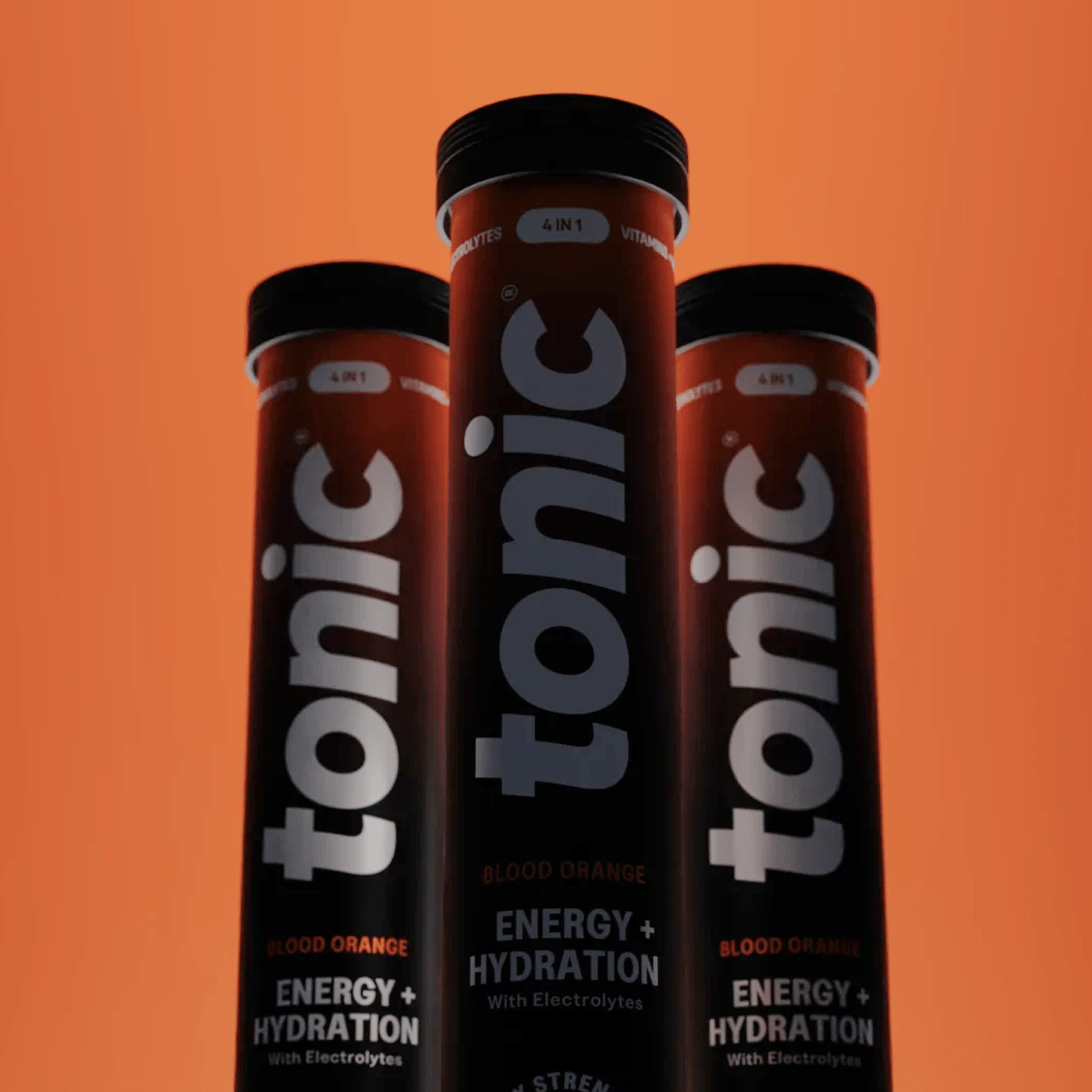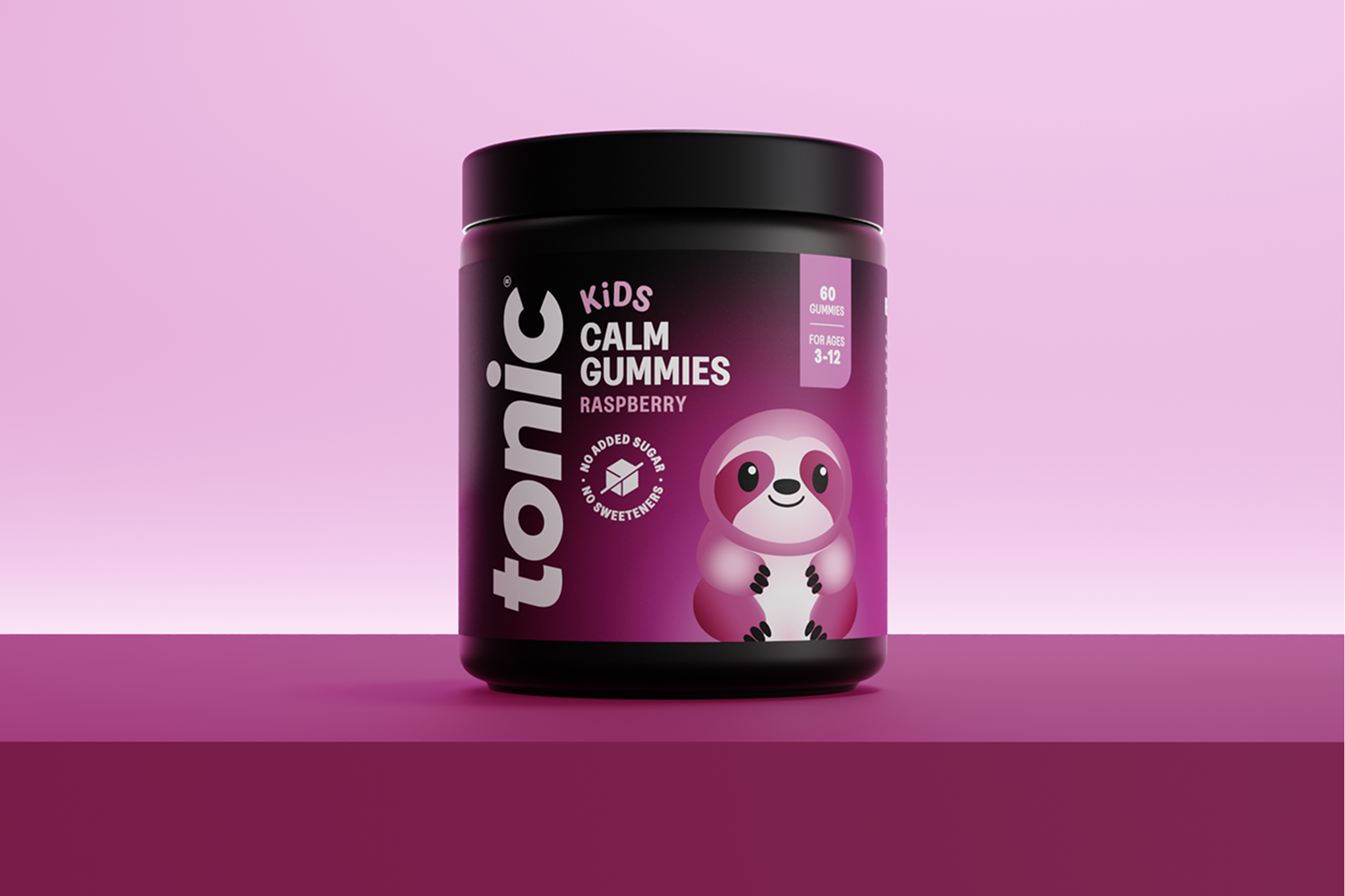As the nights draw in and the weather turns colder, our bodies start to feel the seasonal shift. The combination of reduced sunlight, busier schedules, colder air and therefore closed windows and radiator heating can all influence our energy, immune system, and even our mood. It’s no wonder that autumn is when many people start to feel run down or “just not quite right.”
While food, hydration, sleep, and movement remain the cornerstones of good health, the change of season is also a good time to reassess your supplement routine. The right nutrients can offer an extra layer of support, helping you stay resilient, energised, and balanced through the darker months.
So, where should you start, and which supplements are truly worth considering?
1. Start with Vitamin D – the sunshine essential
Vitamin D is the first supplement to prioritise during autumn and winter. Often called the “sunshine vitamin”, it’s synthesised in the skin when exposed to UVB rays. But from October to April in the UK, the sunlight isn’t high enough in the sky or strong enough for our bodies to make adequate amounts.
Vitamin D plays an essential role in regulating immune responses, supporting bone strength, muscle function, and even mood. Low levels have been linked to a higher risk of respiratory infections and seasonal mood changes.
Because we can’t get enough from sunlight in winter, a supplement becomes necessary. Food sources like oily fish, eggs, mushrooms and fortified foods can help, but they don’t provide enough to meet daily needs.
The best approach is to test, not guess. A simple finger-prick blood test can reveal your vitamin D status and help tailor your supplement dose. For most adults, public health guidance recommends 10 micrograms (400 IU) daily during autumn and winter, though my clinical experience says this rarely touches the sides for most people. Some people may need more depending on individual levels and health status.
Pairing vitamin D with vitamin K2 as a supplement complex helps ensure calcium is directed to your bones rather than soft tissues, supporting both skeletal and cardiovascular health.
It’s a winning nutrient all year round, but especially when the sun can’t help us out!
2. Vitamin C – your immune ally
Vitamin C often gets the spotlight during cold and flu season, and for good reason. This water-soluble antioxidant supports immune cell function, helps protect against oxidative stress, and aids tissue repair. It’s also vital for collagen synthesis, which keeps skin, blood vessels, and connective tissues strong.
You’ll find vitamin C in colourful fruits and vegetables such as kiwi, citrus fruits, peppers, berries, and leafy greens. However, many people eat less fresh produce in the colder months, and vitamin C is sensitive to heat and storage, meaning that even when you do eat vegetables, some of the vitamin can be lost in cooking (top tip: steam veg, don't boil it).
If your diet is lower in fresh fruit and vegetables, or if you’re under stress (which depletes vitamin C more quickly), a daily supplement can help maintain your levels. As it’s water-soluble, unused or excess amounts are excreted in urine, so regular intake is important rather than occasional high doses.
3. Zinc and Selenium – quiet achievers
When most people think of nutrients, vitamin C, iron, and calcium usually top the list, but zinc and selenium are two achievers that quietly underpin so many aspects of our health. Though only needed in trace amounts, their impact is anything but small.
Zinc supports the production and function of white blood cells, wound healing, hormone regulation, and the stress response. It’s also vital for everyday biochemistry, involved in over 300 enzyme reactions. Low zinc can show up as frequent infections, slower recovery, hormone or skin issues, or even changes in taste and smell.
Selenium, meanwhile, plays a critical role in thyroid hormone activation, antioxidant defence, and immune balance. It helps your body convert thyroid hormones into their active form, supports fertility for both men and women, and strengthens your defences against oxidative stress.
Unfortunately, selenium levels in European soil are low or nil, which means even a varied diet may not provide enough.
If you tend to catch every cold going, have slow wound healing, or often feel run down, it may be worth checking your levels or considering a balanced immune-support supplement containing both zinc and selenium. These minerals work in synergy, so even small shortfalls can affect energy, hormones, immunity, and skin health.
4. Support your gut – probiotics and prebiotics
Your gut is home to trillions of bacteria, collectively known as the microbiome. It plays a crucial role in digestion, immunity, and even mental health. Around 70% of your immune cells reside in the gut, so keeping the ecosystem thriving yet balanced is key to overall wellness.
Probiotics (live beneficial bacteria) and prebiotics (the fibres that feed them) work together to maintain a healthy microbiome. A diverse gut flora supports your body’s natural immune defences, helps regulate inflammation, and can improve mood and energy.
For a food-first approach, fermented foods like yoghurt, kefir, sauerkraut, miso, and kimchi are great additions - for many reasons, but gut health is a key one. If you’ve recently taken antibiotics, have digestive issues, or experience frequent infections, a targeted probiotic supplement can help restore microbial balance. However, if you experience adverse effects from a supplement or a food-first approach, this may point to bacterial overgrowth or histamine issues. In this instance, working with a nutrition practitioner could be a good idea.
5. Magnesium and adaptogens – for calm and resilience
The darker months can bring not only physical fatigue but also increased stress and disrupted sleep. Magnesium supports the nervous system, helps regulate cortisol (the stress hormone), and promotes better sleep quality. You’ll find it in leafy greens, nuts, seeds, and wholegrains, but many people still don’t reach optimal levels through diet alone due to depleted soils, absorption issues and the demand for magnesium in the body. Find out if this is you here.
For additional calming support, adaptogenic herbs like ashwagandha, lemon balm, and reishi mushroom can help the body adapt to seasonal stressors and promote resilience. These can be found as teas, tinctures, or capsules, depending on your preference. Tonic Rest & Recover also includes ashwagandha, lemon balm and magnesium, so it could be a good place to start.
6. Omega-3 fatty acids – inflammation manager
Omega-3s are often forgotten during supplement planning, but they’re essential for reducing inflammation, supporting brain health, and regulating mood. During autumn and winter, when we may eat fewer fresh fish or plant-based sources, topping up can make a difference.
Aim to include oily fish such as salmon, sardines, or mackerel two to four times a week. For plant-based eaters, flaxseeds, chia seeds, and walnuts provide some omega-3s, though conversion to the active forms (EPA and DHA) is limited - a vegan algae-based supplement can help.
Don’t forget the fundamentals
No supplement can replace the basics: good sleep, balanced meals, regular movement, and adequate hydration. These are the foundations upon which any supplement routine works. If these are missing, even the best supplement plan will struggle to deliver results.
Hydration can be especially tricky as the weather cools, so herbal teas count too. Options like chamomile, lemon balm, and tulsi not only hydrate but also support relaxation and nervous system balance.
How to build your routine
When it comes to supplements, more isn’t always better. Start simple and personalise as you go. For most people, a strong autumn foundation includes vitamin D (with K2), vitamin C, and potentially zinc or selenium. From there, layer in magnesium and omega-3s, and consider pre- and probiotics depending on your individual needs and lifestyle.
If you’re unsure where to start or want to tailor your choices, testing - whether for vitamin D, omega-3 status, or nutrient levels - can take the guesswork out. Working with a nutritionist helps you identify where your body needs the most support, rather than taking a scattergun approach.
After all, autumn and winter are seasons for slowing down and turning inward. By aligning your nutrition, lifestyle, and supplement routine with your needs as well as the needs of the season, you can maintain energy, strengthen your immune system, and protect your mental wellbeing.
Supplements aren’t shortcuts to health, but when used intentionally, alongside nourishing food, good rest, and self-care, they can be powerful allies in keeping you well through the colder months.
About the author:
Natalie Louise Burrows is a registered nutritional therapist (BANT, CNHC) and clinic director at Integral Wellness, a nutrition and health clinic specialising in cardiometabolic health.
Along with her clinic team of nutritionists, they help men and women regain their energy, control their cravings and avoid and reverse type 2 diabetes. They also address health conditions such as high blood pressure, high cholesterol, insulin resistance, fatty liver, and heart disease.
Click here to book a free call and find out how you can achieve your health goals.






Leave a comment
All comments are moderated before being published.
This site is protected by hCaptcha and the hCaptcha Privacy Policy and Terms of Service apply.